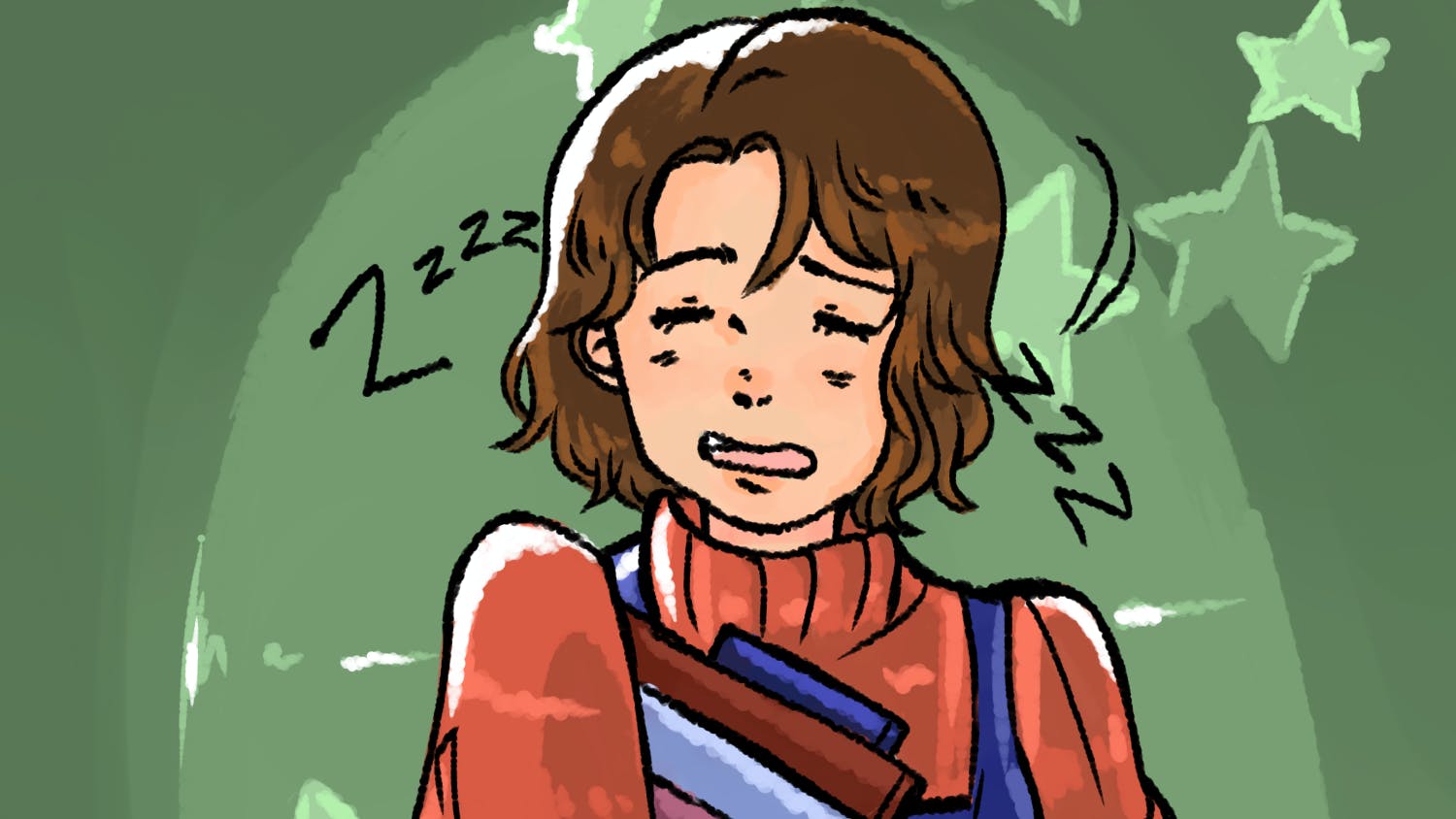Yesterday I wrote about a municipal listening session held for the Northport community about homeless people who had set up tents in a county park in their neighborhood. A brief recap: The neighbors, while surely compassionate people in their private lives and upstanding citizens in their public ones, didn’t understand why the homeless people had come and why they couldn’t go elsewhere. The city and county officials, notably including Lynn Green, the director of the Dane County Department of Human Services, felt put-upon, frustrated and incredulous that the needs of homeless people living at the encampment could not be met through existing, legal channels. And the homeless in attendance and their allies felt weary, stigmatized and misunderstood.
Yesterday I felt I had to do a lot of background explanation before I could delve deeply into the implications and outcomes of the meeting itself; its rocky start, its dramatic climax and its uncertain resolution. That’s what I would like to do now.
Lines of discourse were drawn early in the evening. Neighborhood people wanted to know why they had to obey the law if the homeless people didn’t. The “ vagrants,” as one gentleman referred to them, had set up tents on county land not zoned for camping. Yet they hadn’t yet been penalized. This roused indignation.
Even more people were irked by the fact that the cohort of unhoused had turned up in the neighborhood so secretly. The first neighbors to know about the encampment learned about it by simply seeing the tents. The neighbors wanted communication and warning. No one went so far as to say that they wanted the homeless people to ask for permission from the Northport community, but that was essentially the sentiment. Finally, some in Northport had heard from officials that the homeless in the encampment had been offered services, but had turned them down. This tidbit understandably and significantly diminished sympathy among those who heard it.
The last issue is by far the most complex of the three, so I’ll address the first two first. Questioning why the homeless are allowed to break the law and why they couldn’t inform their unsuspecting hosts of their imminent arrival betrays privilege and ignorance. There is no legal place to be if you are homeless. Sleeping in public parks or in doorways on the square is a crime, punishable by fine or imprisonment at the discretion of law enforcement. Setting up tents (especially necessary for survival during the winter months) is also illegal. A homeless person who, for whatever reason, doesn’t have access to indoor facilities (of friends, family or the shelter system) have no legal place to exist. They also have no place to go to the bathroom. Homelessness has been criminalized in our city. Faced with an eviction at the East Washington Avenue site, there was no legal place for the group to go.
So it should be common sense that it would not be difficult for a community as privileged and comfortable as Northport to prevent a community as vulnerable as Occupy Madison from entering their turf. Had they been forewarned, the homeless men and women would not have had the opportunity to move to their current location. Period. Lamentably, communication was not an option, because in a very real way, they could not take “No” for an answer.
That should settle the questions of why Occupy didn't pursue legal and transparent avenues when deciding upon where to move. There were no such avenues available to them. If they are forced to move again, there still won't be. These issues were raised early in the meeting, and by the end of the meeting it seemed as if they had been resolved or set aside by most of the neighbors.
Anger at the homeless people had largely been redirected toward the city and county officials present, who had apparently been tragically slow to respond to this clear and present injustice. Yet it remained unclear whether or not the homeless people living at the site had to be there, and on this question hinged the sympathies of Northport, and hence the continued life of the encampment.
Tomorrow: The insidious conclusion to this sordid, three-part tale.
Please send all feedback to opinion@dailycardinal.com.





